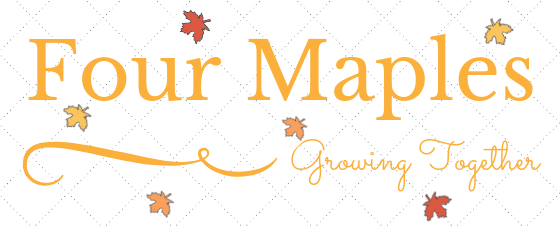Owen had a breakthrough around six years old, when he observed his brother having a meltdown after a birthday party. He referenced a Disney movie to express his observations of the situation and attempt to understand why his brother was upset.
“ ‘Walter doesn’t want to grow up,’ he [Owen] says evenly, ‘like Mowgli or Peter Pan,’” Mr. Suskind recalls. It is Owen’s first complex sentence, and he says it looking straight at his parents. Later that day, Mr. Suskind picks up a puppet of Iago, the parrot sidekick in Disney’s animated “Aladdin.”*Source: http://www.nytimes.com/2014/05/22/books/life-animated-by-ron-suskind.html?_r=0
“So, Owen, how ya’ doin’?” he asks in Iago’s voice. “I mean, how does it feel to be you?”
“I’m not happy,” Owen answers. “I don’t have friends. I can’t understand what people say.”
A whole new world begins.*
His parents immediately saw an opportunity to help Owen learn and communicate using Disney movies as observations of social interaction and understanding emotions. AND IT WORKED.
Owen's story completely resonated with us. Our sweet daughter G-Bug is a social, loving, zany eight-year-old on the autism spectrum. She has come a long way in the three years since her diagnosis, and yet things like expressing her inner thoughts and feelings are still extremely difficult and rarely communicated to anyone.
Like Owen, G-Bug recently displayed just how powerful stories and narratives impact her, and how they can also help her communicate her own thoughts and feelings.
Gracie rediscovered a VHS copy of the movie "The Lion King" in our basement, and asked to watch it over and over. It's a great story - a young lion who tragically loses his father and, assuming he is responsible, runs away. Over time, he realizes that he must face his past, and step into the role he was meant to take: a good and protective leader and king. Gracie was enthralled, but never really wanted to talk about the themes or her thoughts on the movie when I tried to prompt a conversation. I assumed she was just digging the music and the the Pumba fart jokes. What kid wouldn't?
A couple of weeks later, we were sitting at the table doing math problems and singing Hakuna Matata. Out of the blue, she remarked, "You know, the past can hurt sometimes."
Surprised and curious, I said, "Well, yes that's true. Are you thinking of something in particular?"
"Yes," she said. "Like when someone dies."
She then talked about someone she loved like a grandfather who had passed away the year before. She talked about how she saw that his death affected specific people who were still grieving his loss, even though they didn't really show it. I was stunned at her insight, her observations, and her ability to articulate things I had never guessed that she was feeling or observing.
And then the moment passed. Two minutes of deep, heartfelt conversation and then it was abruptly over. She has never talked about those things since.
People are complicated and difficult to understand sometimes. For people with autism, even more so. If you are trying to connect with and love someone on the spectrum, be open to new ways to teach or encourage relationships and empathy toward others. It might require calling on a lion prince, a wise cracking parrot, or a dragon tamer to open a well into a spring of deep thoughts and feelings buried below a seemingly barren surface.













